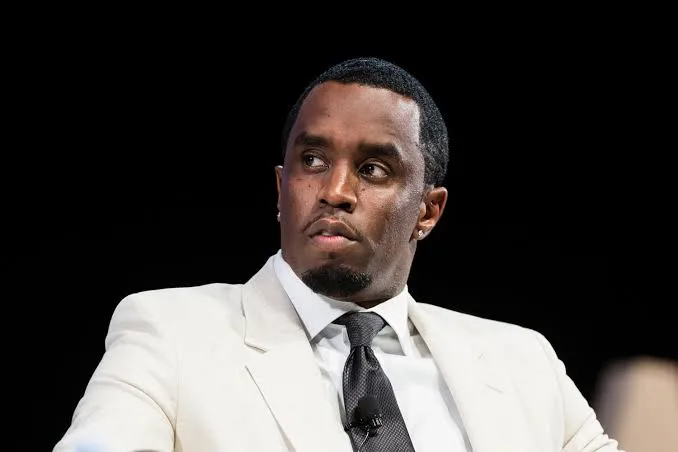In a gripping turn at the Southern District of New York, the jury in Sean “Diddy” Combs’s high-profile federal trial delivered a partial verdict, signaling decisions on four of five criminal counts—but not the most severe: racketeering conspiracy.
After nearly two days of deliberation, the jury informed Judge Arun Subramanian they remain deadlocked on the racketeering charge, a count that could carry life in prison if convicted. The panel, however, has reached decisions on two sex trafficking charges and two counts involving the transportation of women for prostitution. The nature of those decisions remains sealed for now.
Inside the courtroom, Diddy appeared visibly shaken. Hunched over the defense table, he was comforted by his legal team as his daughters and mother looked on. The silence was palpable.
The racketeering count hinges on whether Combs led a criminal enterprise spanning years—allegedly involving forced labor, arson, bribery, and “freak-offs,” as described by accusers like Cassie Ventura and another woman known as “Jane.”
Combs’s lawyers fiercely deny all charges, painting him as a misunderstood, occasionally violent but consensual partner. Prosecutors, however, argue he wielded his power to orchestrate systemic abuse and silence victims.
- What’s next: Jury returns to deliberate further on the racketeering charge
- Legal stakes: A guilty verdict on racketeering would redefine the legacy of a hip-hop titan
- Cultural context: Diddy’s downfall reflects shifting attitudes around power, abuse, and accountability in the music industry


